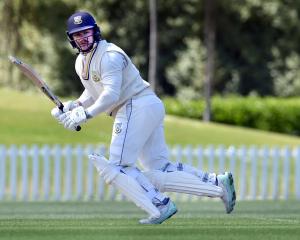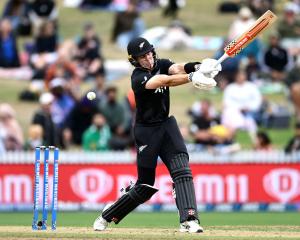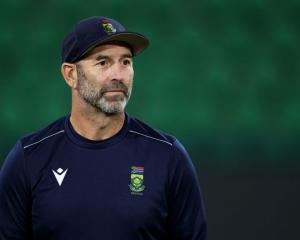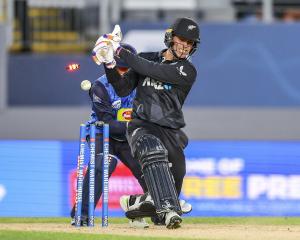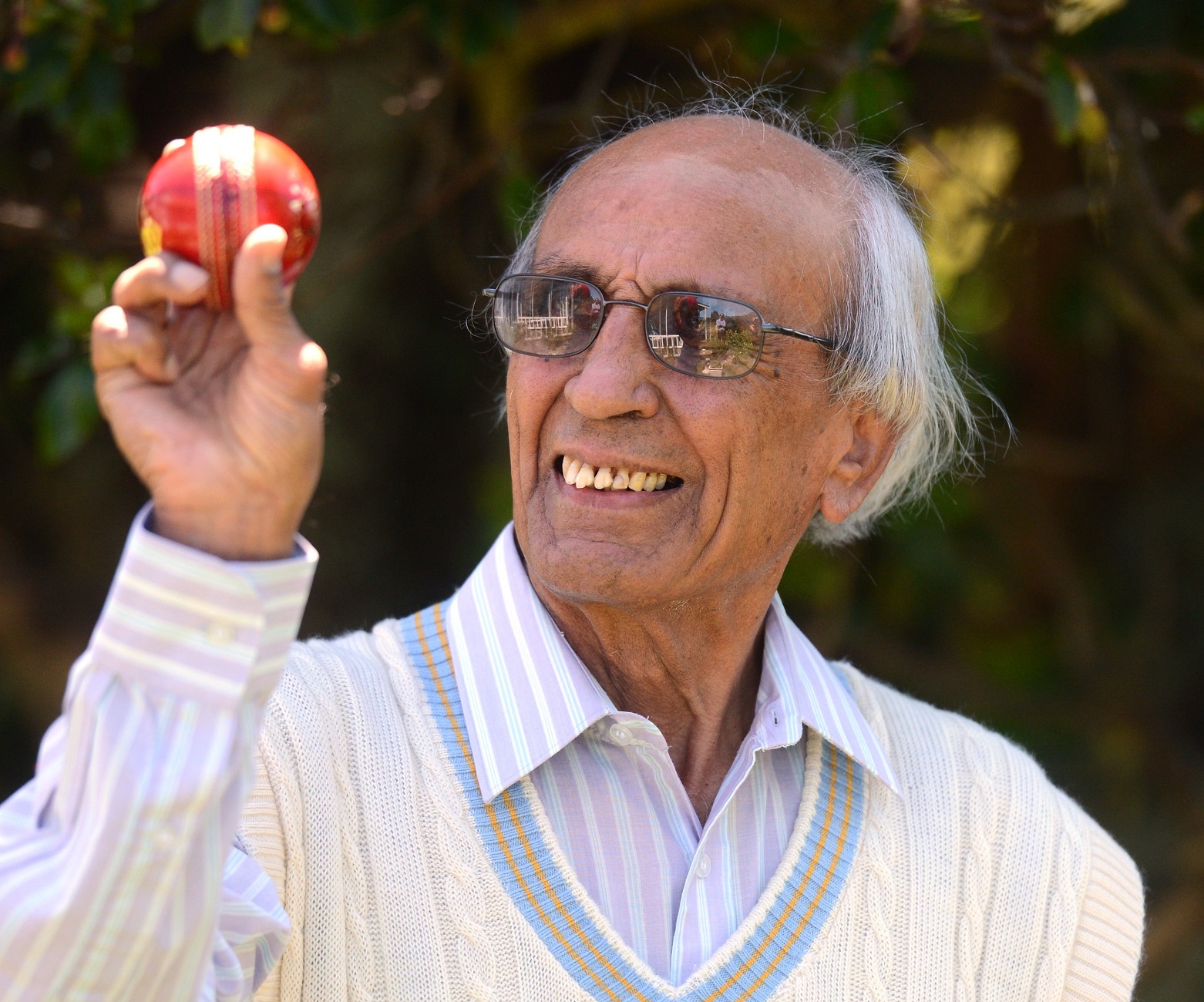
Otago Daily Times cricket writer Adrian Seconi reflects on the indelible legacy player and coach Khalid "Billy" Ibadulla left on New Zealand and Otago cricket.
Billy came for the cricket and stayed for the fishing.
Or did he come for the fishing and stay for the cricket?
He certainly touched many lives between attempts to hook the big one.
Khalid (Billy) Ibadulla died peacefully at Yvette Williams Retirement Village in Dunedin on July 12. He was 88 years old.
A good innings you might say. And Ibadulla played plenty of those.
The all-rounder scored a century on debut for Pakistan and made a huge impact for Warwickshire during an 18-year stint in county cricket.
He also played for Otago for three seasons between 1964 and 1967 before emigrating to New Zealand in 1976 to do some coaching.
From his base in Dunedin he helped foster the careers of some of New Zealand’s greatest cricketers.
Glenn Turner stands out as his most notable student — Ibadulla famously carried out a gin and tonic to the middle when Turner scored his 100th first-class century in 1982.
He also worked with Ken Rutherford and Chris Cairns, and he was a help to Brendon McCullum later in his career.
But there were many, many others who benefited from attending his private cricket school during the decades.
"It doesn’t matter how good a player is, I’m responsible for their progress," Ibadulla told the Otago Daily Times in a 2009 interview.
"If he is not going to be another Turner or Rutherford, I’ve still got to help him go as far as he can go.
"I’m always preparing myself for that moment when they [the parents] ask, ‘How is he doing?’.
"And I can’t afford to fail him. He has to improve and that’s what we are looking for."
When the Ibadullas chose to emigrate, Billy, who was always immaculately dressed, was tossing up between Dunedin and Tasmania — he had a playing stint in Tasmania as well.
He had gone on some fishing trips with Glenn Turner and his father Alf to Lake Mahinerangi. He was already a keen fisherman but discovered fly fishing and that helped him fix on Dunedin.
Billy’s son, Kassem Ibadulla, who played 22 first-class games for Otago and nine for Gloucestershire, remembers some long nights in the car.
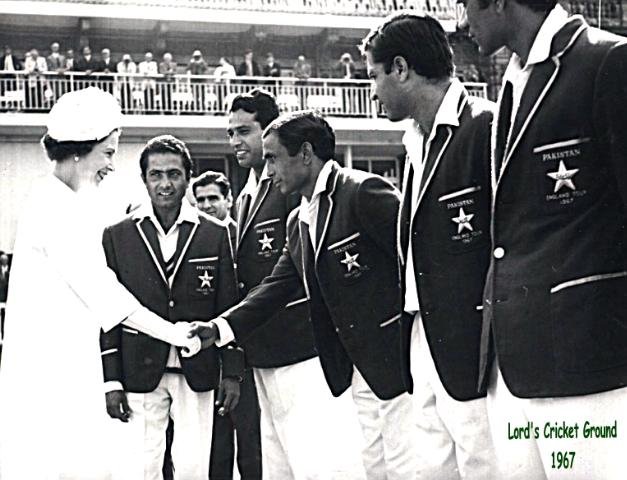
"It could be boring for me ... but looking back it does give me a smile remembering Dad getting back to the car with that elusive trout in his fishing bag, and hearing of how he caught it, on the way back home.
"While I didn’t inherit his fanatical love for the sport, my son did and he has inherited all of Billy’s fishing equipment. Billy would have liked that."
Ibadulla was born in Lahore on December 20, 1935.
He was the youngest of six children. His father Masood Ibadulla was a noted hockey player.
Ibadulla was educated at Mozang High School and emerged as one of the finest schoolboy cricketers in the city.
He made his first-class debut for the Punjab Governor’s XI when he was 16 years old and toured England in 1953 with the Pakistani Eaglets.
Ibadulla said he was drawn to the aesthetic of cricket as a young boy.
He remembered being mesmerised by the sight of crisp white uniforms and lush green grass.
"It stirred my imagination and made such an impression on me," he told the Otago Daily Times.
Ibadulla’s older brother taught him some basic technique and the life-long love started.
His career had its ups and downs, though. He described being overlooked for the 1954 tour of England as "a very big hit emotionally and psychologically".
"I was so disappointed and it had a huge effect on my life because I left Pakistan and decided to become a professional cricketer in county cricket.
"That changed my life. If they had picked me for that team I wouldn’t be sitting here."
He headed to England, with reportedly just £4 in his pocket, to trial with Warwickshire.
He impressed coach Tiger Smith but had to serve a three-year qualifying period.
During that time he worked as an electrician’s labourer and later as a salesman at a department store in Birmingham.
Ibadulla met Gertrud Delfs in Birmingham and they married in 1959. The couple had three children — Farah, Kassem and Selma.
The decision to emigrate is a source of amusement for Kassem.
"When Dad came home one evening to announce we were moving, I do remember us getting rather excited and asking which county or city we were moving to, to be told New Zealand, and me saying . . . "oh, where’s that Dad?"
Ibadulla turned mostly to coaching for an income after retiring. But he also did some commentary work for TVNZ and he had a two-year stint as a first-class umpire in the early 1980s.
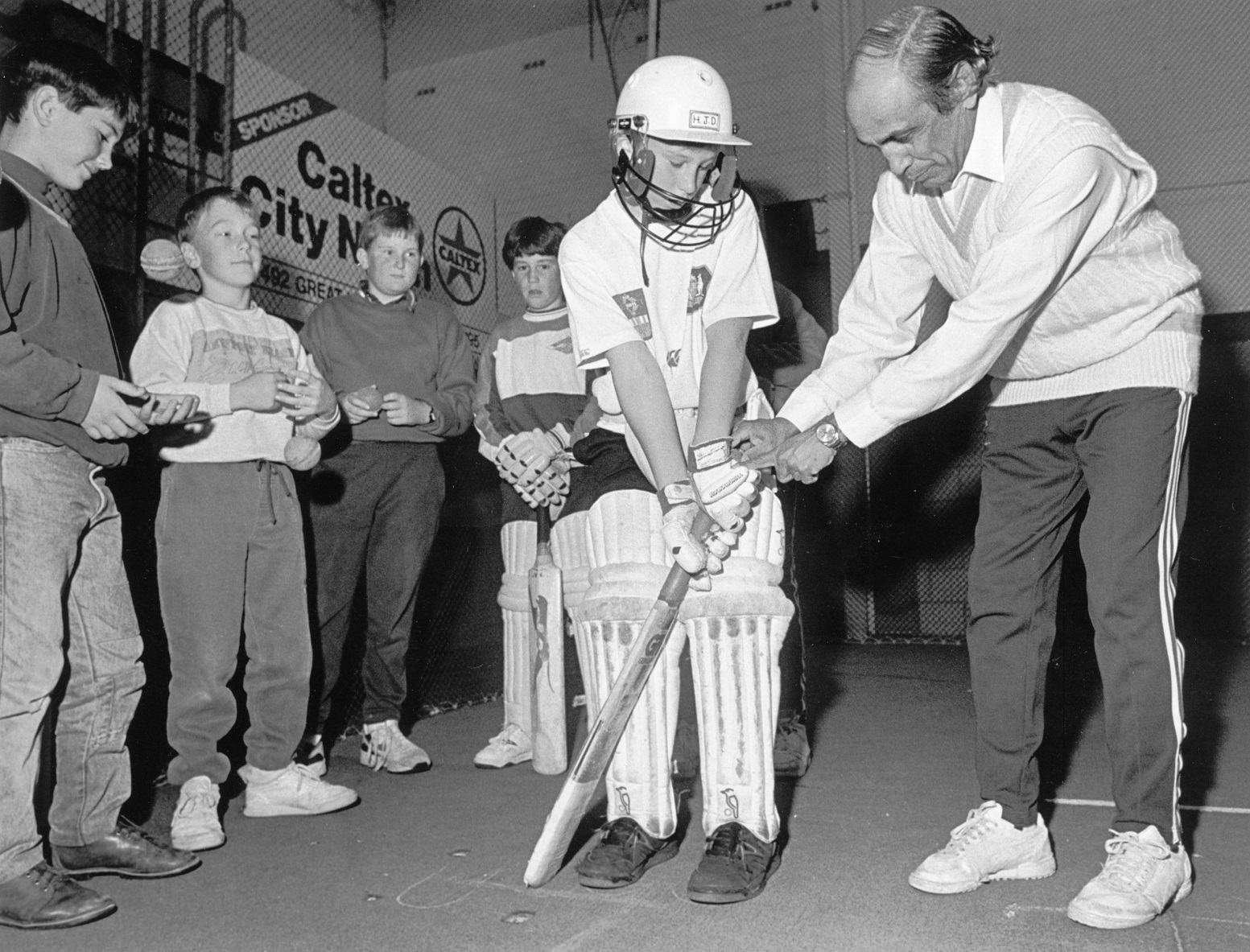
In 2004 he was appointed to the New Zealand Order of Merit for services to cricket.
Ibadulla was a versatile man and a versatile bowler.
He could mix spin with seam and he was a punishing right-hander batter. Anything short got the treatment and he possessed a fine drive and cut shot as well.
He was an agile fielder, especially in close where he was fearless.
He scored 14,766 runs and took 418 wickets in 377 first class matches for Warwickshire.
Ibadulla always seemed to find a way to contribute in the big games.
He took two for 33 to help defeat Worcestershire in the 1966 Gillette Cup final, and he grabbed three for 25 two years later to help beat Sussex in the final of the same competition.
And in 1972, his last season, he was part of the Warwickshire side which won the County Championship.
He scored 1000 or more runs in a season six times, and his 377-run stand with Norman Horner in 1960 against Surrey remains a Warwickshire record for the first wicket.
At the time it was the highest unbroken opening partnership in cricket history.
The right-armer nabbed six five-wicket bags and registered a career-best with seven for 22 against Derbyshire in 1967.
Warwickshire club president Dennis Amiss, who played alongside Ibadulla at the Bears, described his friend as "one of the greats" in a tribute.
"He had everything. He could bowl off-spinners, seam, and open the batting," Amiss said.
"We loved him.
"We had lots of fun times together. He had an infectious laugh. I can hear it now.
"He could be really naughty at times, lots of mickey-taking. He gave as good as he got.
"He was an incredible mentor. A wonderful person to learn the game from.
"We played together over many years and toured together. He was a lovely team man, on and off the field. Intelligent, warm, and a wonderful cricketer."
"He had all the attributes and a wonderful track record in the game. We’ve lost one of the greats."
Ibadulla played four tests for Pakistan between 1964 and 1967.
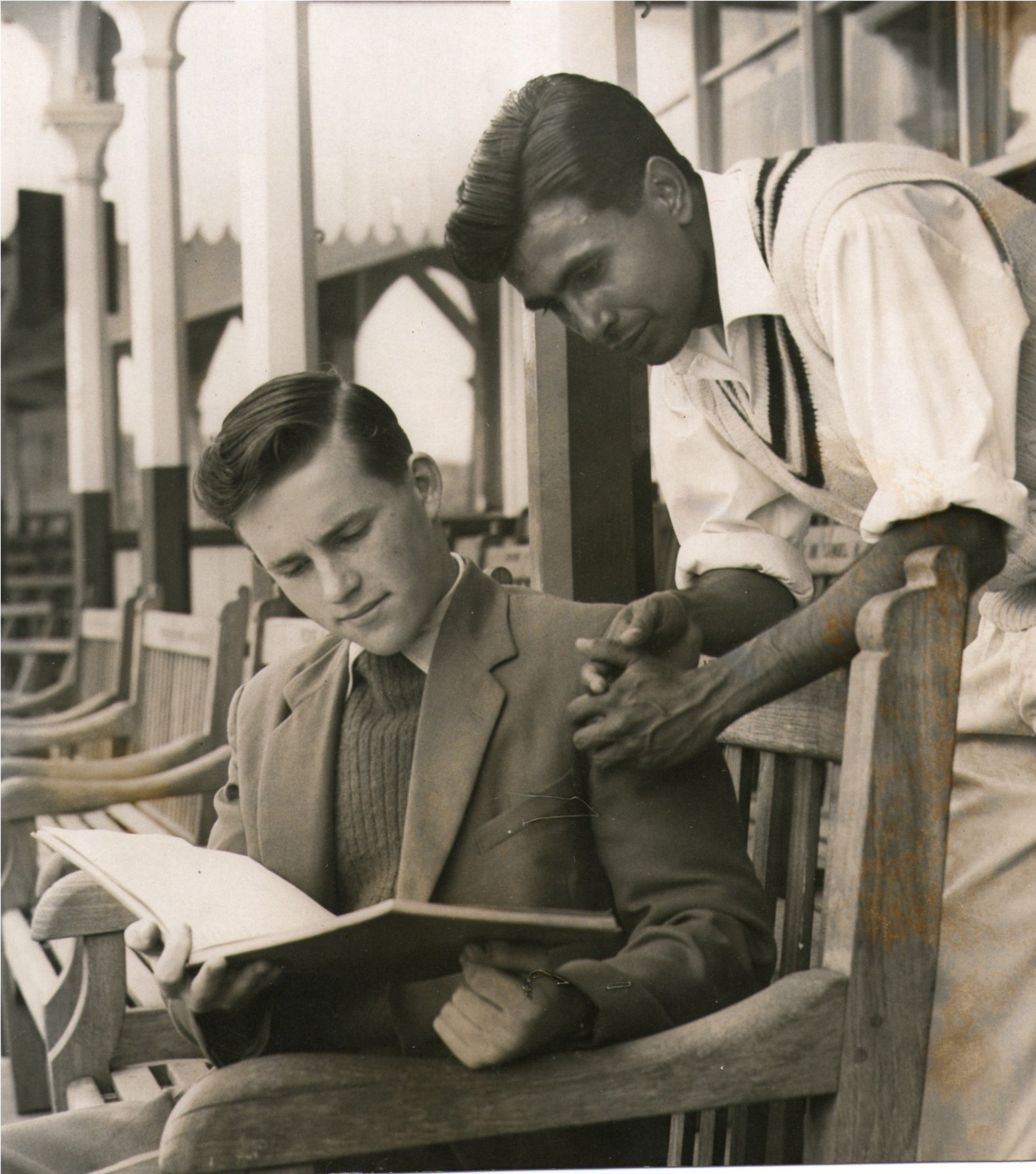
It was one of 22 first-class hundreds he notched.
That partnership remains the highest between two debutants for any wicket in test cricket.
Ibadulla was disciplined and meticulous with everything he did on or off the field, including coaching, at which he made a real difference for people.
He spotted Glenn Turner’s immense talent early and took him under his wing.
Turner joined a small group of players who used to train down at the nets at Logan Park early in the morning.
"It just ended up being Billy and I pretty quickly," Turner said.
"He’d bowl to me in the nets and give me throw-downs.
"He taught me more about technique and how to play various bowlers, which I had not had up until that point.
"I felt a bit sorry for Billy in my first year of first-class cricket because all I was doing was defending most of the time and looking not to get out rather than scoring runs.
"Billy got some stick in the press at the time. The feeling was he was giving me the wrong kind of tuition.
"But what he achieved was to give me a solid grounding in defensive skills ... which I was able to cash-in on later in my career."
Ibadulla also organised a trial for Turner at Warwickshire. Warwickshire went in a different direction and Turner ended up at Worcestershire and lived with Ibadulla initially.
"Billy did a hell of a lot for me."
And he did a hell of a lot for many others as well.
Kassem said for every Glenn Turner and Ken Rutherford there was a Kevin Burns and a Vaughn Johnson.
"They might not have been the cricketers they were if it hadn’t been for Billy’s tuition.
"He was always a good one for having belief in you. If he thought you could do it, you could do it. That resonated with people. He was a great motivator.
"When he was doing his private coaching he had a great range. Some of them weren’t the most gifted but by the end of the winter they’d be playing better cricket.
"He always wanted people to aspire to be the best they could be."
Ibadulla is survived by his wife Gertrud and children Farah, Kassem and Selma.

